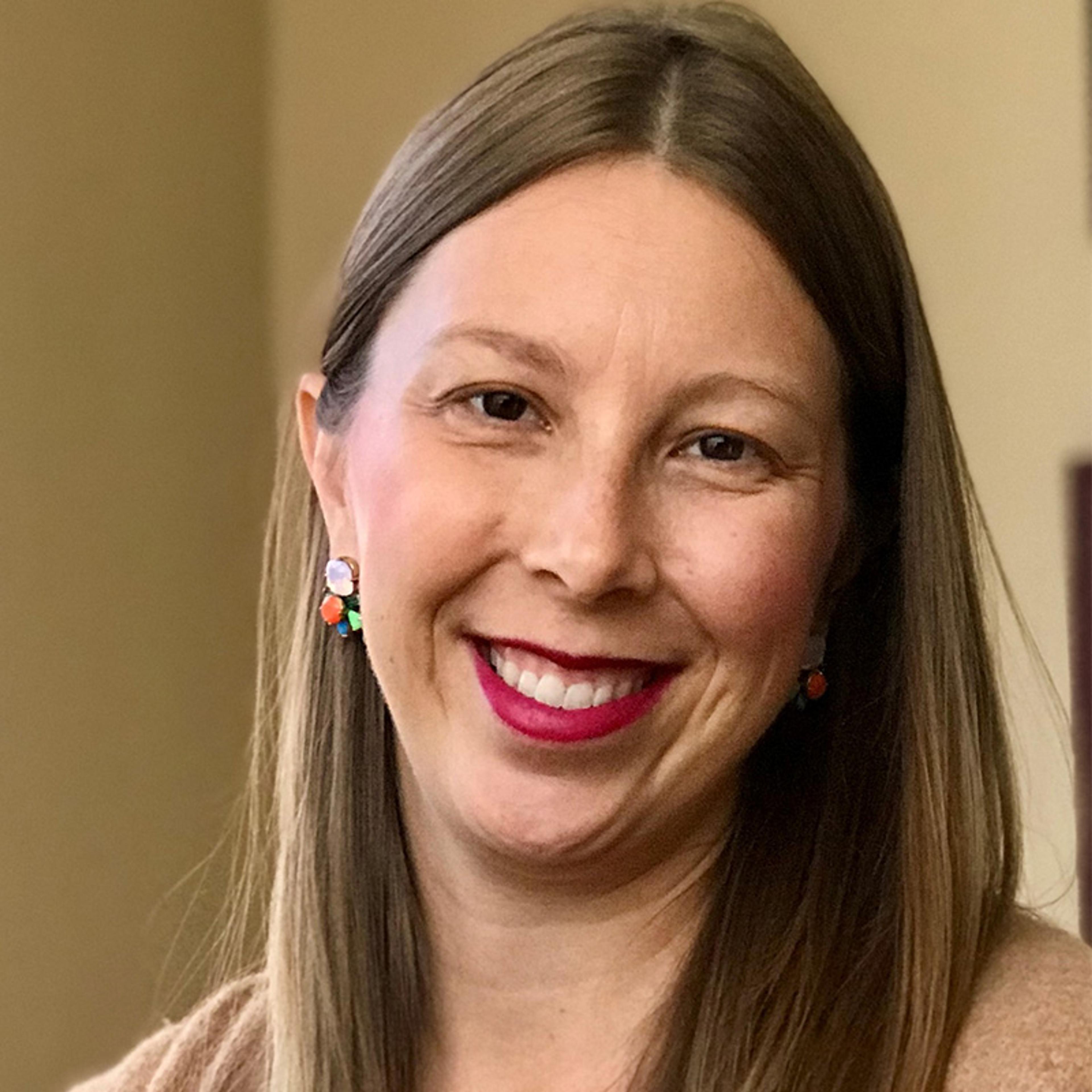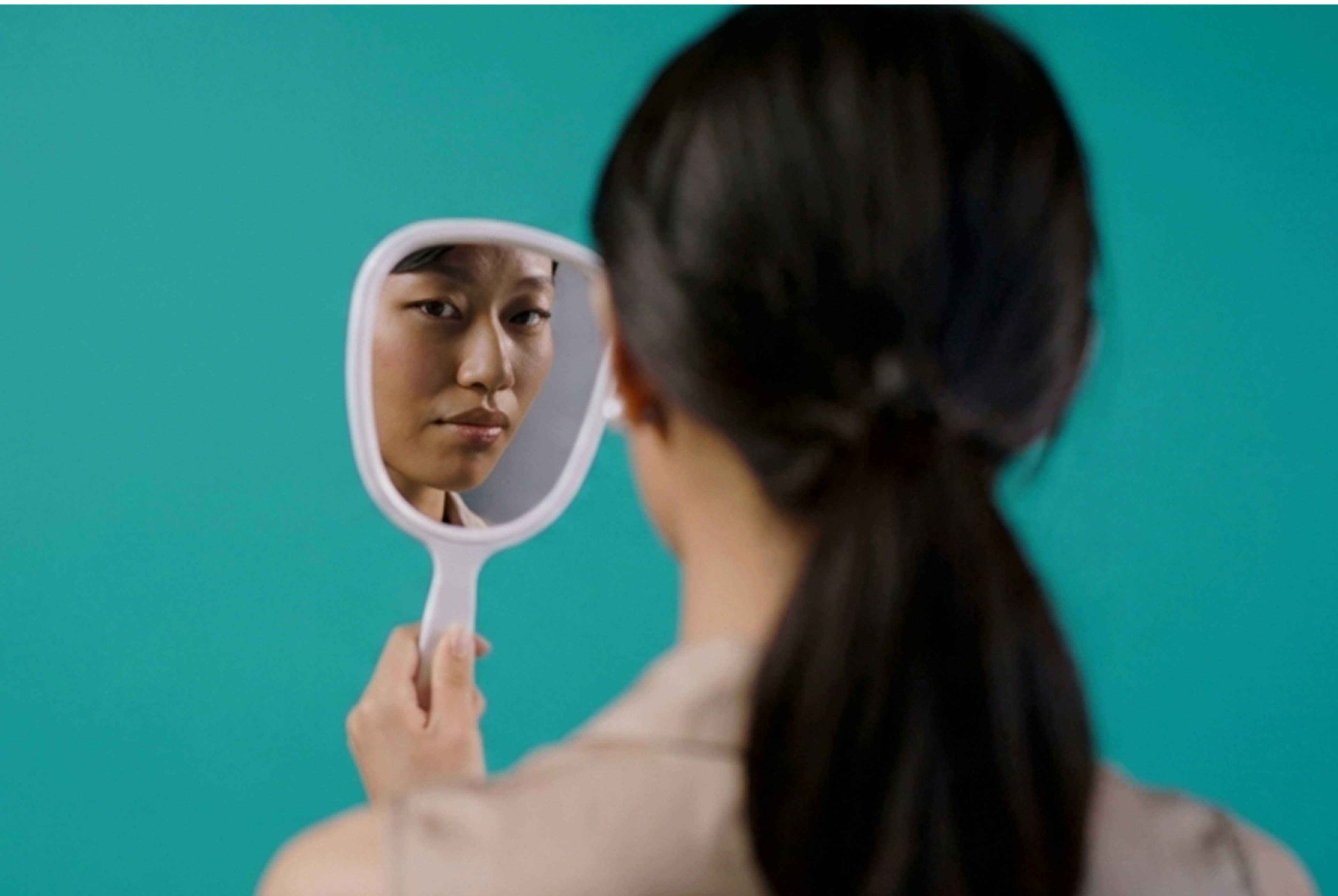


With a lot of illnesses, you just need one specialist to help you get better: you’ll see an orthopedist for knee pain, a dermatologist for skin concerns, an optometrist for eye issues. Eating disorders, however, are different. To effectively treat an eating disorder, you don’t just need multiple providers, you also need providers across different disciplines and areas of expertise. This may seem like overkill, but research shows that working with a multidisciplinary care team—aka a treatment team that includes several different types of providers—gives patients the best chances of achieving lasting recovery. Read on to learn about how multidisciplinary treatment for eating disorders works, and why it’s so important.
Why eating disorders need multidisciplinary treatment
You can’t treat an eating disorder with just one provider because eating disorders don’t just affect one part of a person. They’re complex illnesses that touch many different parts of a person’s body, mind, and life, and each of these parts needs to be addressed. Because of this, experts in the field widely recognize the multidisciplinary team approach to be the best practice for treating eating disorders and disordered eating, with research showing that it’s the most effective approach for weight restoration, among other benefits.
To better understand the importance of multidisciplinary treatment and why certain providers are included on the care team, it can be helpful to understand the various different ways an eating disorder can affect someone:
Physical effects
Eating disorders affect all the major systems of the body, and can come with a multitude of physical and physiological complications. These include:
- Loss of brain matter
- Amenorrhea
- Bone issues, including osteoporosis or osteopenia
- Constipation, stomach pain, or digestive problems
- Low blood pressure
- Low heart rate
- Heart arrhythmias
- Organ damage
- Vitamin or nutrient deficiencies
Psychological effects
Eating disorders are mental illnesses, and so it makes sense that they have a profound impact on a person’s psychological health. Psychological effects include:
- Depression, loss of interest in activities, or flat affect
- Increased anxiety
- Obsessive thoughts and preoccupations
- Compulsive behaviors and rituals
- Suicidal thoughts
- Poor self-esteem
- Hopelessness/despair
- Inability to describe or access emotions
Social effects
Eating disorders tend to be all-encompassing, having a deep impact on a person’s mood, outlook, and relationships. The emotional effects of eating disorders include:
- Irritability
- Social withdrawal
- Absence from family meals and food-related events
- Impaired relationships
- Inability to communicate effectively
For a more complete list of the different ways eating disorders can impact a person, explore our eating disorder screening guide. The bottom line is, one single provider can’t address all of these factors on their own.
What a multidisciplinary team looks like in eating disorder treatment
Not every eating disorder treatment team looks the same; the composition can vary depending on where you seek treatment, your diagnosis, and what your specific needs are. However, a multidisciplinary eating disorder treatment team almost always involves a physician, a therapist, and a dietitian. At Equip, we add to this team by connecting patients with mentors who have lived experience.
When a patient begins treatment at Equip, they’re matched with a dedicated care team made up of five providers, all of whom have specific experience treating eating disorders:
- A physician to stay on top of medical issues
- A therapist to help build coping skills and work through psychological elements of the illness
- A dietitian to help meet nutritional goals and build mealtime skills
- A peer mentor who has been through recovery to provide empathy and motivation
- A family mentor who has helped a loved one through recovery to support the patient’s family and friends
Let’s take a closer look at the role each of these people play in the course of treatment.
The role of an eating disorder physician in treatment
Because of the potential physical complications outlined above, a physician is a vital part of any eating disorder treatment team. Physicians not only monitor and manage any physical complications of the eating disorder, they can also address any health issues that arise on the road to recovery. Physicians also assess whether a patient is medically stable enough to start outpatient treatment, and continually assess whether they need hospitalization.
All Equip physicians have extensive experience treating eating disorders. These physicians work closely with patients and their families, and also coordinate with the referring doctor to keep them updated on their patient’s treatment, their progress, and, eventually, their discharge plan.
The role of an eating disorder dietitian in treatment
Creating regular eating habits is one of the first and most important parts of eating disorder treatment. Doing this is much easier said than done, so it’s vital that any multidisciplinary team include a registered dietitian (RD) who has experience treating eating disorders.
According to the American Dietetic Association, nutritional counseling by a registered dietitian is an essential component of treatment for patients with anorexia nervosa, bulimia nervosa, binge eating disorder, and other eating disorders. Experts in the field have called out the fact that dietitians are often left out of the treatment equation to the detriment of patients, as dietitians are “ideally positioned to assess and advise on the clinical aspects of malnutrition.” These experts also point out that because food is a central focus in eating disorder treatment, dietitians are “key members” of the multidisciplinary care team.
Dietitians work with patients and their families in many different ways throughout the recovery process. Some of the things a dietitian might do during eating disorder treatment include:
- Give a nutrition prescription. Dietitians help patients achieve nutritional rehabilitation, which often means safely increasing calories, food variety, or both.
- Help with meal plans and recipes. By providing practical food guidelines that include recipes, meal choices, and snack ideas, dietitians give patients and their loved ones the specific and actionable knowledge they need to restore nutrition. This can be especially helpful for patients and parents striving toward a high-calorie meal plan.
- Provide nutrition education. Scrutinizing nutrition labels and obsessing over calorie counts is a hallmark of many eating disorders, but this is by no means the equivalent of real nutritional understanding. Throughout treatment, dietitians help patients and their loved ones understand the basics of nutrition, helping them better understand their body’s needs, challenge diet culture beliefs, and develop a better relationship with food.
- Managing activity. Exercise can be a tricky thing for those in recovery to navigate. Dietitians can help patients figure out the best approach toward physical activity and how it fits into their lives in a healthy and sustainable way.
- Increasing food variety. People with eating disorders often eat a very small variety of foods and have certain foods that they refuse to eat or can’t eat without great anxiety (“fear foods”). Dietitians help them increase food variety and challenge fear foods in a safe environment.
The role of an eating disorder therapist in treatment
Eating disorders are mental illnesses, and so a holistic treatment plan needs to include someone who can address the mental and psychological components of the disease. Patients can begin with therapy as soon as they start treatment.
While certain therapeutic modalities have more or less success depending on a patient’s diagnosis, research shows that therapy, in general, helps improve eating disorder symptoms, with at least one study showing that any type of therapy leads to significantly better outcomes than no therapy at all. According to the American Psychological Association, psychologists or other mental health professionals are “integral members of the multidisciplinary care team,” helping patients to identify factors that maintain the illness and develop a treatment plan that addresses these factors.
During treatment, therapists can help patients to:
- Set goals and track progress towards those goals
- Become more in tune with their emotions and mood, and how they impact eating
- Learn coping strategies to replace eating disorder behaviors
- Challenge eating disorder beliefs and thought patterns
- Improve relationships and communication
- Treat co-occurring conditions, like depression, anxiety, or OCD
Various different therapeutic modalities have shown to be effective in treating eating disorders. At Equip, our therapists pull from the leading evidence-based approaches to tailor treatment to their patient’s needs. Some of the modalities we use include CBT-E (enhanced cognitive behavioral therapy, or cognitive behavioral therapy for eating disorders), DBT (dialectical behavioral therapy), FBT (family-based therapy), ERP (exposure and response prevention), and more.
The role of mentors in eating disorder treatment
Eating disorder recovery is hard. Even with all the right support from providers who specialize in eating disorders, it’s normal for both patients and their loved ones to have moments where they feel discouraged, ambivalent, misunderstood, even hopeless. Mentors help combat that.
While the research around mentorship is somewhat limited, it’s also quite promising. One study showed that mentorship has value for both mentors and mentees during eating disorder treatment, while another showed that peer mentorship is effective in addressing both cognitive and behavioral eating disorder symptoms. Mentorship can also be crucial for the friends and family supporting a patient through recovery, as research shows that there’s often a steep learning curve for loved ones when treatment begins. Family mentors—people who have been in their shoes and made it to the other side—can provide both education and a listening, understanding ear.
Of course, a multidisciplinary approach doesn’t work as well (or at all) if the different parties aren’t communicating with one another. At Equip, the members of a patient’s team are consistently in contact, making sure to share information, concerns, and insights every step of the way. This sort of coordinated care is not only vital for providing the most effective and tailored treatment, but also relieves patients and their families of the burden of serving as a go-between for all of their different providers.
We know that you can’t just “white knuckle” eating disorder recovery on your own—and in fact, for the best odds of lasting recovery, you need a multidisciplinary care team of different providers. These illnesses are physical, mental, emotional, and social, and so they require a wraparound treatment approach. By addressing every aspect of the eating disorder, multidisciplinary care makes recovery sustainable, protects against relapse, and empowers patients to free themselves fully from the grip of their eating disorder. Learn more about how Equip’s multidisciplinary treatment works.
- Joy, Elizabeth A et al. “The multidisciplinary team approach to the outpatient treatment of disordered eating.” Current sports medicine reports vol. 2,6 (2003): 331-6. doi:10.1249/00149619-200312000-00009
- Woodruff K, Joy EA, et al, A Retrospective Chart Review Suggests That Coordinated, Multidisciplinary Treatment for Patients with Anorexia Nervosa Improves Odds of Weight Restoration. J Multidiscip Healthc. 2024;17:339-351 https://doi.org/10.2147/JMDH.S437376
- Ozier, Amy D. et al. “Position of the American Dietetic Association: Nutrition Intervention in the Treatment of Eating Disorders.” Journal of the Academy of Nutrition and Dietetics vol. 111, 8 (2011): 1236-1241. doi:https://doi.org/10.1016/j.jada.2011.06.016







